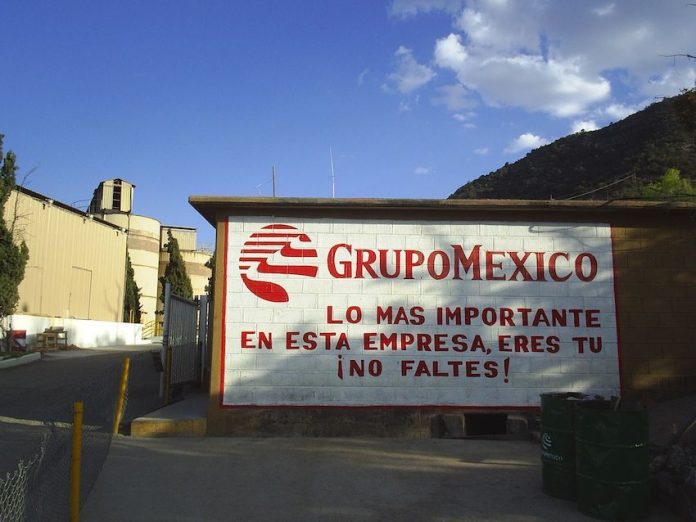Another dispute between Mexico and the United States is set to be resolved by a panel of experts that will be established in accordance with the USMCA free trade pact.
The United States government has asked a panel to review the labor situation at a Zacatecas mine after its Mexican counterpart found that workers’ rights to freedom of association and collective bargaining had not been violated.
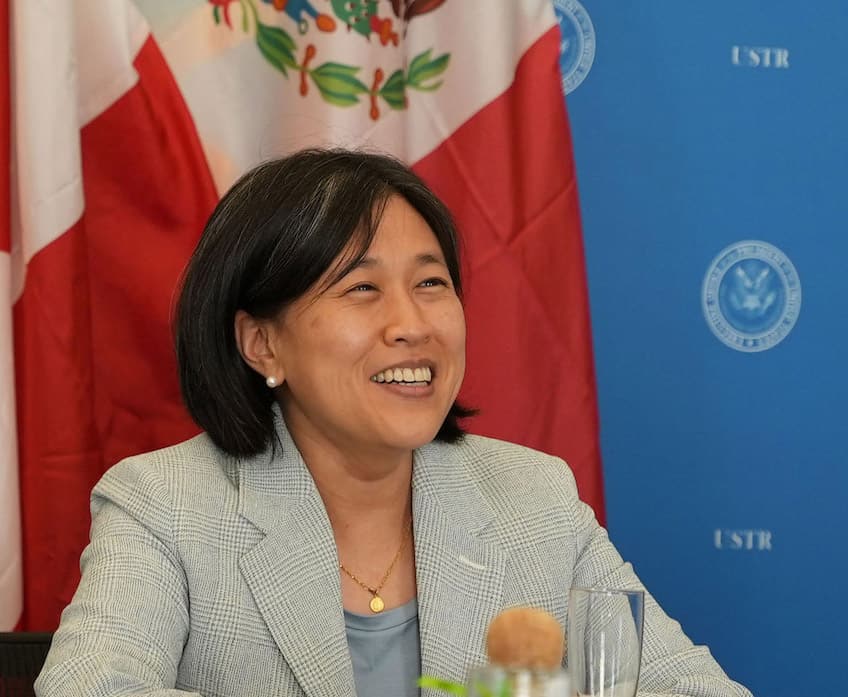
United States Trade Representative Katherine Tai announced Tuesday that the U.S., for the first time ever, had requested a rapid response labor mechanism (RRM) panel under the United States-Mexico-Canada Agreement, or USMCA, the free trade pact that superseded NAFTA in 2020.
“The panel pertains to a labor dispute at the San Martín mine in the Mexican state of Zacatecas. The San Martín mine is a lead, zinc, and copper mine, owned and operated by the Grupo México conglomerate,” Tai’s office, the USTR, said in a statement.
The USTR said that the U.S. and Mexico “have worked cooperatively to address labor rights violations at numerous Mexican facilities under other RRM matters, but have been unable to reach agreement in this matter.”
Consequently, the U.S. has “determined that it is appropriate to request a panel to verify the facility’s compliance with Mexican labor laws and determine whether a denial of rights has occurred,” it said.
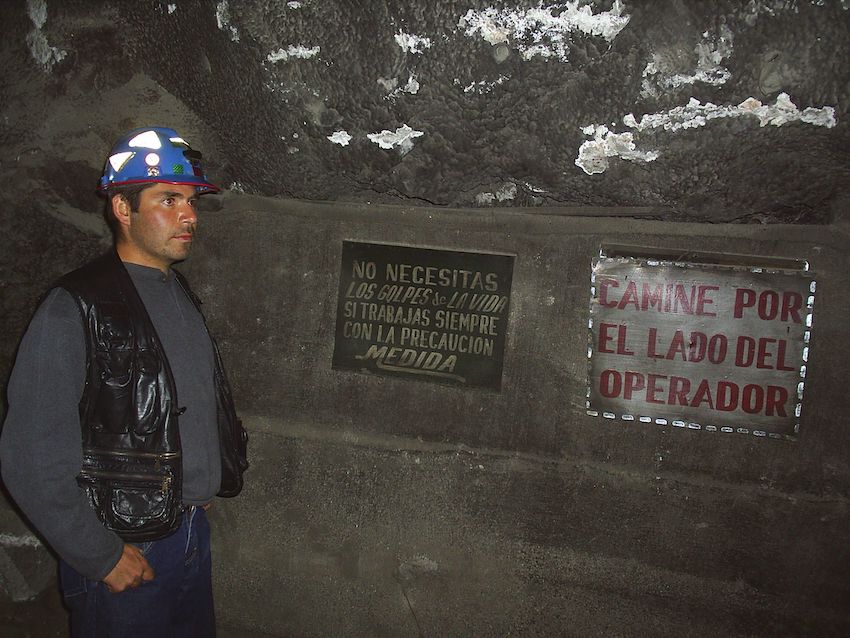
The USTR noted that U.S. authorities received in May an RRM petition from two U.S. labor organizations — the AFL-CIO and the United Steelworkers – and Mexico’s National Union of Mine and Metal Workers (Los Mineros).
“The petition alleged that Grupo México has resumed operations at the San Martín mine despite an ongoing strike and engaged in collective bargaining with a coalition of workers despite the fact that Los Mineros holds the right to represent workers for purposes of collective bargaining,” the USTR said.
In response to the petition, the United States’ Interagency Labor Committee for Monitoring and Enforcement “determined that there was sufficient, credible evidence of a denial of rights enabling the good faith invocation of enforcement mechanisms,” the USTR said.
“As a result, the United States Trade Representative submitted a request to Mexico that Mexico review whether workers at the San Martín mine facility were being denied the right to freedom of association and collective bargaining. … At the conclusion of its 45-day review period, Mexico disagreed with the United States and found no denial of rights to exist. The United States disagrees with this determination and is therefore requesting establishment of an RRM panel to review the situation,” Tai’s office said.
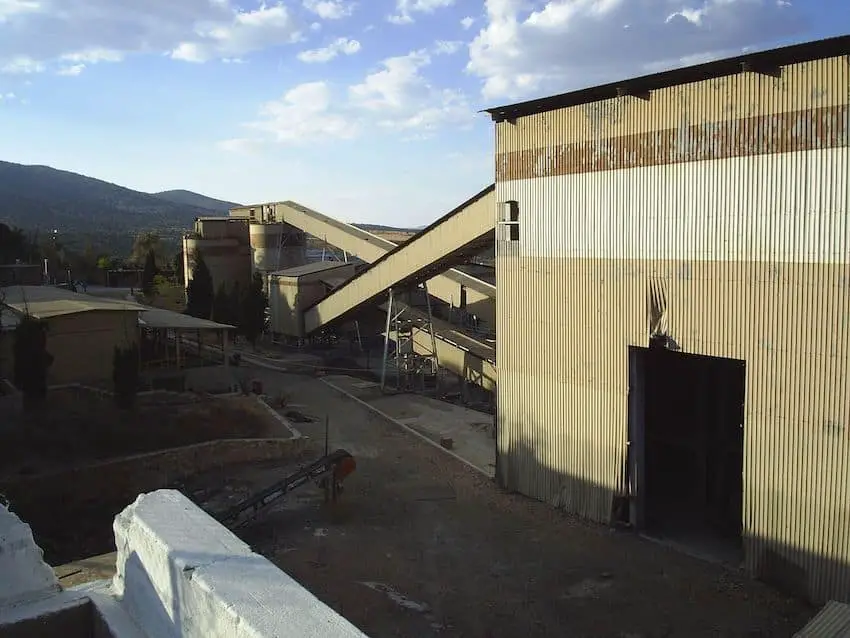
Mexico’s Economy Ministry (SE) acknowledged the United States’ RRM panel request in a statement, but noted that the Mexican government has already determined that the San Martín mine case is “outside the scope of application of the rapid response labor mechanism.”
The SE and the Labor Ministry said Aug. 1 that the dispute predates the USMCA and that it would therefore be resolved in Mexican courts.
The Economy Ministry said Tuesday that “this labor dispute has been analyzed by the appropriate national authorities” and that “interference from a parallel procedure under the USMCA would not be acceptable.”
“It’s the first time that a rapid response labor mechanism [case] ends in a panel so guaranteeing that the principles of impartiality and certainty prevail in each stage will be essential,” the SE added.
“The Economy Ministry is in charge of representing the Mexican state before this panel. … Mexico will assert its position before the panel,” it said.
The Associated Press reported that the panel will have about six months to determine which side is right. “The dispute represents the first major challenge to the … RRM, which was established under the USMCA and stands as one of the biggest success stories of international labor rights cooperation,” the news agency said.
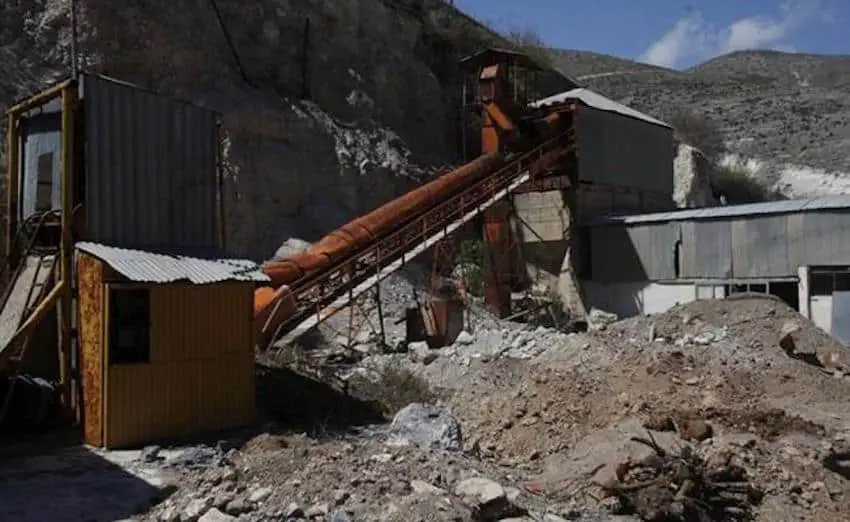
Grupo México, owned by billionaire businessman Germán Larrea, asserted in a statement that the panel will demonstrate that the law hasn’t been violated at its mine in the Zacatecas municipality of Sombrerete. The company said it has never stopped workers from exercising their “constitutional rights to have decent work” or from joining the labor union “of their preference.”
Napoleón Gómez Urrutia, a senator with the ruling Morena party and long-serving head of the National Union of Mine and Metal Workers, “filed the complaint that gave rise to this [RRM] process with two objectives,” Grupo México claimed.
His aims, the company said, were to “have a new excuse to ignore the definitive decision that orders him to pay US $55 million … accumulated since 2005 from former mining workers and create conflicts in order to press for a new political position that gives him immunity from prosecution.”
Grupo México said that its priority was its workers and their families.
“An entire community in Zacatecas depends of the work carried out in the mine. The opening of this dispute resolution panel will finally provide certainty and peace to all the residents of Sombrerete, Zacatecas,” it said.
Tai said that the decision to request a panel upholds the United States government’s “commitment to creating a more level playing field for workers to feel empowered and using every enforcement tool at our disposal to safeguard workers’ rights.”

“The RRM has proved to be a critical instrument for defending the free exercise of freedom of association and collective bargaining rights. While we are always open to collaborating with Mexico to find a resolution, our priority is delivering meaningful outcomes for workers,” she said.
The request for the panel came less than a week after Tai announced that the U.S. was requesting the establishment of a dispute settlement panel to resolve its differences with Mexico over soon-to-be enforced rules on genetically modified corn imports.
Economy Minister Raquel Buenrostro told the Reuters news agency on Monday that Mexico won’t make any changes to its GM corn decree – which will ban imports of such maize for use in tortillas – before the establishment of the panel.
The United States has also challenged Mexico’s nationalistic energy policies under USMCA. Buenrostro told Reuters that Mexico, the U.S. and Canada – which also challenged Mexico’s policies – are working on an agreement to resolve their differences without resorting to a panel.
Mexico News Daily
